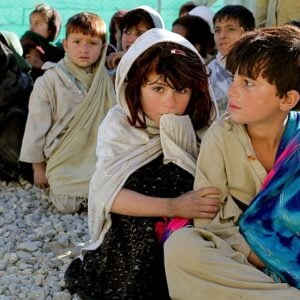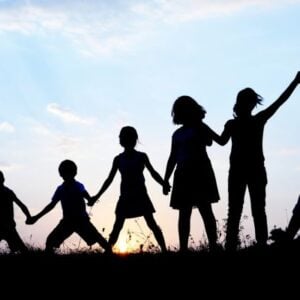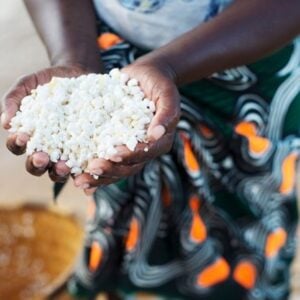Since late June 2025, torrential monsoon rains across Pakistan have created a severe humanitarian crisis, particularly affecting children. More than 200 children have lost their lives, and millions of students have missed school as record-breaking rainfall has caused widespread flooding in Punjab, Khyber Pakhtunkhwa, and other provinces. In Sialkot, nearly 364 mm of rain fell within 24 hours, forcing over 200,000 people to evacuate their homes and leaving families in urgent need of food, clean water, and healthcare.
The floods have affected approximately one million people nationwide, with further impacts expected as water moves downstream to Sindh province. In Punjab, roughly 25 million children have not returned to school, with about 70% of elementary schools remaining closed. In Khyber Pakhtunkhwa, flash floods caused by intense localized cloudbursts destroyed or damaged at least 674 schools, leaving classrooms unusable and displacing hundreds of families.
Rabia Rauf, Programme Operations Manager at Save the Children Pakistan, described the devastation: entire villages buried under boulders and debris, homes filled with silt and sludge, and children traumatized by the rapid onset of flash floods. To support affected communities, Save the Children is providing temporary learning spaces, child-friendly areas for psychological support, mobile health and nutrition clinics, and essential household and hygiene kits.
The current monsoon season has caused three times as many deaths as the same period last year, with the overall toll surpassing 800, including over 200 children. Save the Children warns that children are among the most vulnerable to the impacts of climate change, bearing the brunt of unprecedented flooding despite contributing the least to global temperature rises. Research indicates that limiting global warming to 1.5°C could spare millions of children from lifelong exposure to river floods.
Khuram Gondal, Country Director of Save the Children in Pakistan, emphasized the urgent need to protect children’s lives and education during these disasters. Following the unprecedented 2022 floods, children in Pakistan lost more than half a school year, underscoring the critical role of Education in Emergencies (EiE) programs. Save the Children, active in Pakistan since 1979, continues to lead relief efforts, ensuring that affected children receive vital education, safety, and humanitarian assistance during the ongoing monsoon crisis.







